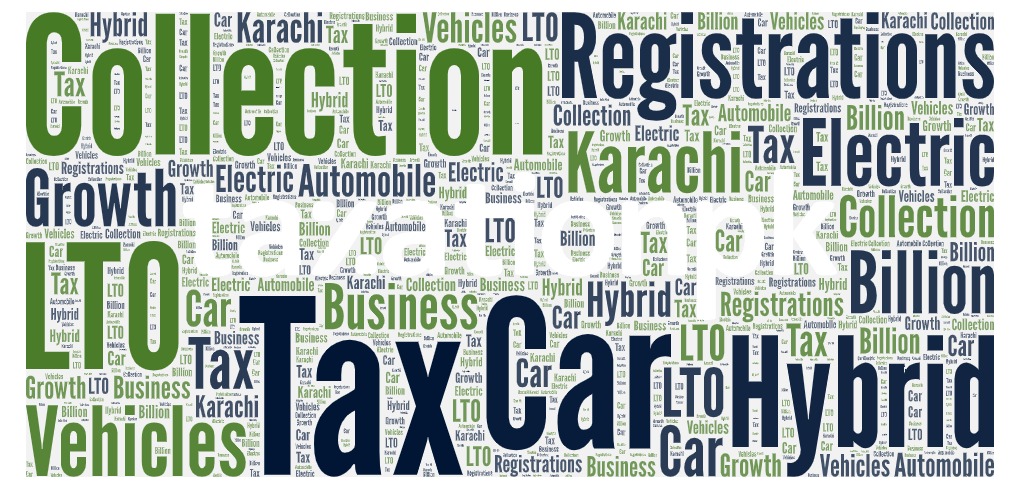The Large Taxpayers Office (LTO) Karachi, a major revenue collection arm of the FBR, disclosed that Rs 1.11 billion was collected in this period, a significant rise from Rs 526 million collected during the same period last year.
Factors Driving Growth
The surge is linked to a strong recovery in the auto industry. According to the Pakistan Auto Manufacturers Association (PAMA), car sales in October 2024 hit a record 112% year-on-year (YoY) increase, with 13,108 units sold—a 27% rise compared to September 2024.
Cumulatively, car sales for the first four months of FY25 reached 40,693 units, a 50% jump from 27,162 units sold during the corresponding period in FY24. Industry analysts attribute this growth to a mix of improved consumer confidence, enhanced financing options, and optimism surrounding Pakistan’s economic stability.
Analysts’ Perspective
Experts at Topline Securities Limited emphasized key contributors to the sector’s resurgence, including the stabilization of interest rates, the introduction of new car models, and the growing popularity of hybrid and electric vehicles (HEVs and EVs). Declining interest rates have eased financing costs, boosting vehicle affordability and consumer demand.
October 2024 Highlights
Advance tax collection from new car registrations in October 2024 alone rose by 73% YoY, reaching Rs 335 million, compared to Rs 193 million in October 2023. This sharp increase reflects both higher vehicle sales and improved compliance within the sector.
Broader Implications
The sustained growth in car sales and tax revenues underscores the pivotal role of the automotive industry in Pakistan’s economic recovery. This upswing is providing a dual benefit: supporting government finances through higher tax revenues while signaling renewed consumer confidence and economic activity. As the auto sector continues its upward trajectory, it is expected to remain a key contributor to national growth.






